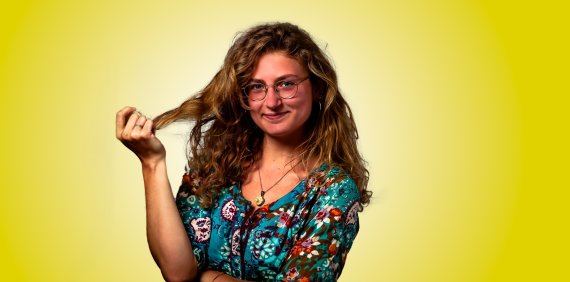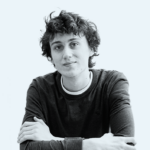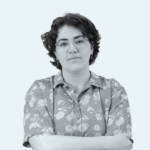Tekst: Donatella Gasparro
Here I am, sitting on a couch in a farm at the border between Minas Gerais and São Paulo state in Brazil, looking back at what happened this last month. It’s almost time to sleep, but not for the creatures outside: in here it’s very silent — besides a huge beetle that keeps on flying around the light bulb — while out there some concerts are going on.
Constant brainstorm
At this place I’ve been working on my thesis so far, and I will soon come back to the Netherlands. I realise now I’ve basically been in a constant brainstorm all the time. Yes, I collected data and I’ve got my interviews done, but I also reshuffled over and over ideas and thoughts and questions and answers in an endless vicious circle. Why? Because what I found on the farm here was substantially different from what I thought it was. Because it’s really hard to stick with your proposals written in an office in the icy Netherlands when you find yourself in agro-forestry trials in the South-East of a summery-30-degrees Brazil.
Narrow down the mess
Not only is it very complicated to predict or try to understand what happens when you’re far away, before getting to the field – it’s also very complicated when you eventually are there. Especially with complex agro-ecosystems as an agro-forestry system can be, where multiple species live in the same space and farmer’s designs and models rarely reflect reality.
Spacing between trees, in the field, don’t turn out to be the way you planned; species order or frequency is different than designed, and counting trees in a 30 ha plot is not really an option; data you thought were the easiest to get turn out to be impossible to find back, and others you thought too difficult to ask are just basic information…
Beside very technical details and reality checks, research questions and aims need also a constant adaptation and revision. What’s actually needed? What will I look at more closely? How to narrow down this mess? I still have to answer these questions myself and I’m sure many other students in the thesis-phase will resonate with this.
Coming back and looking at my data and information will basically mean writing an (almost) new proposal
‘Tudo muda’, they say here, ‘everything changes’, and it’s exactly how it goes. Coming back and looking at my data and information will basically mean writing an (almost) new proposal, taking into account all things I had no idea about before being on the field, combining people’s knowledge and scientific literature and putting this together. With the broader aim to increase and spread the knowledge on regenerative agricultural systems around the world.
On the spot, in the field
On the other hand (and of course leaving out a lot of other non-thesis adventures) this all meant learning a lot of things: about real-life challenges of farms and companies; about the importance of staying flexible and open to change; about accepting and embracing all variables, people’s stories, different directions; about the importance of being here, on the spot, in the field, with the people managing and deciding and holding important knowledge; learning to wait.
Tough months are coming, but I’m looking forward to them.

 Foto: Sven Menschel
Foto: Sven Menschel 

